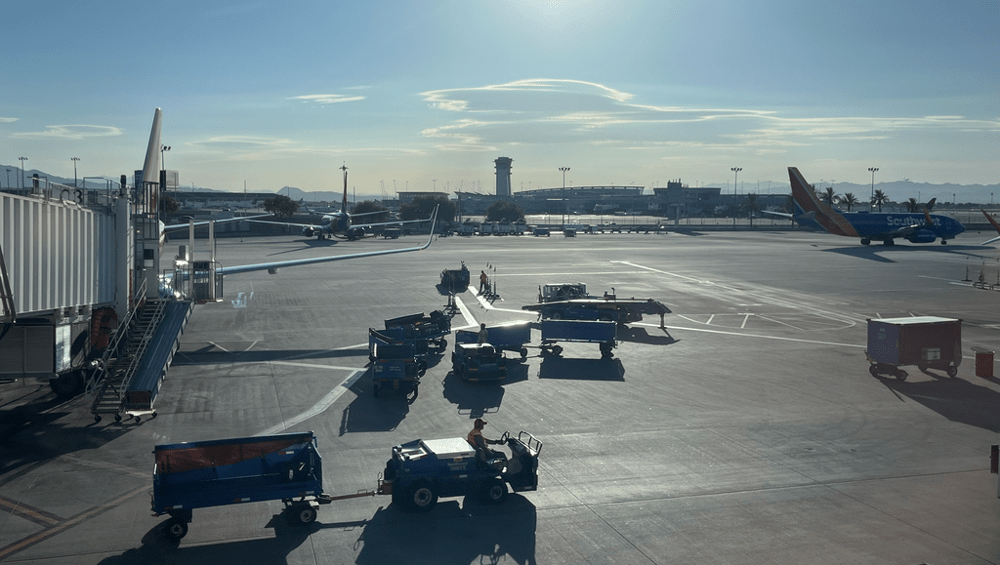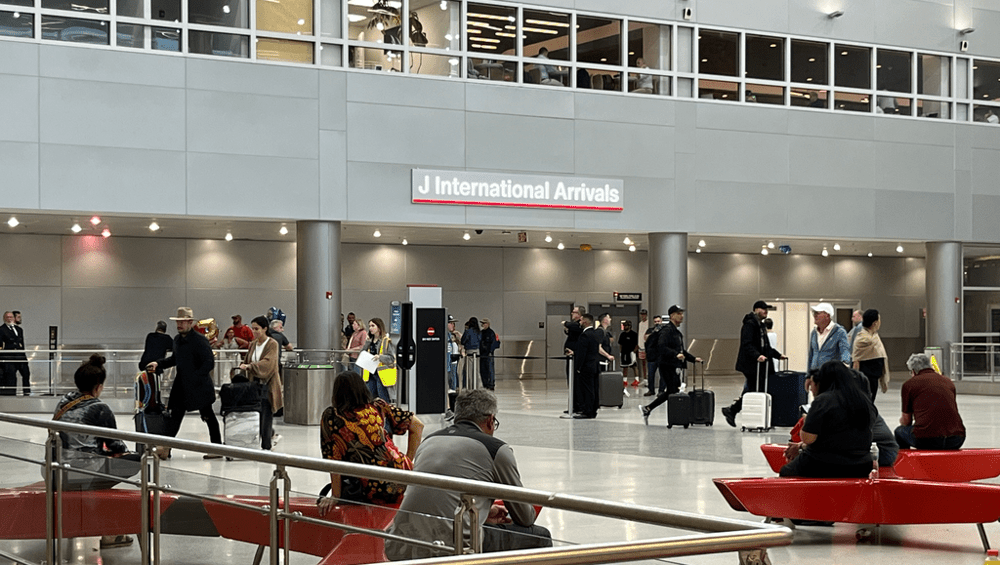The global cannabis market is rapidly evolving, and with legalization efforts gaining traction across continents, the possibility of cannabis air freight is no longer a distant dream. Although international laws and federal restrictions in countries like the U.S. still limit long-haul cannabis shipments, logistics experts and cannabis entrepreneurs are already envisioning a future where air cargo becomes the backbone of global cannabis trade.
Global Accessibility and Market Expansion
Cannabis air freight would allow producers and suppliers to access new markets with speed and efficiency. Today’s fragmented cannabis landscape forces growers to serve limited regional zones due to tight regulations and lengthy overland delivery times. By unlocking international air routes, a grower in California could deliver flower to a dispensary in Germany, while a medical producer in Israel could quickly serve patients in Brazil or Thailand.
This shift would increase global supply chain fluidity, reduce bottlenecks, and drive down costs per gram over time, especially in countries that depend on imports to meet demand. Markets with limited cultivation capabilities would benefit the most, gaining access to premium cannabis strains and formulations from across the globe.
Improved Product Quality and Faster Delivery
Cannabis is a delicate agricultural product that can degrade if not handled properly. Long trucking routes, cross-border customs delays, or improper temperature control can compromise potency and freshness. Air freight would drastically reduce time in transit and allow better quality control through advanced cold-chain solutions and humidity-controlled cargo holds.
With shorter shipping windows, terpenes and cannabinoids remain more intact, ensuring that medical patients and recreational users receive products at peak effectiveness. Dispensaries could offer a broader range of exclusive, limited-edition, or seasonal products — directly imported from premium global producers — elevating the consumer experience and brand loyalty.
New Economic Engines in Emerging Nations
Cannabis air freight could also trigger a boom in emerging economies. Countries with ideal climates and low-cost agricultural production — such as Colombia, Malawi, or Jamaica — would gain a competitive edge by becoming major exporters. With fast and secure aerial trade lanes, they could ship large quantities of cannabis to developed countries where cultivation costs are significantly higher.
This opens the door to global specialization. Some nations would become known for premium outdoor flower, others for advanced extraction labs or pharmaceutical-grade packaging. Air freight connects these hubs, allowing the global supply chain to function more like that of coffee, wine, or exotic produce — each country playing to its strength and contributing to a balanced global ecosystem.
Infrastructure and Technology Upgrades
To accommodate cannabis air freight, airports and air cargo providers would need to make major upgrades. Designated green cargo zones, full-chain temperature monitoring, METRC-integrated scanning systems, and regulatory harmonization across borders would be essential. Customs agencies would require updated clearance processes, and international treaties would need revisiting to address product classification, taxation, and intellectual property rights.
Tech companies could play a key role by developing compliance tracking platforms, AI-based forecasting tools, and secure shipment management software tailored specifically for cannabis.
Conclusion
Legalizing cannabis air freight could reshape global commerce. Faster delivery, fresher products, expanded trade networks, and economic development in underrepresented regions all point toward an air-powered cannabis revolution. While the skies aren’t open yet, forward-thinking companies are already preparing for takeoff.
Once federal and international policies align, cannabis air freight has the potential to become the industry’s most valuable supply chain asset.





